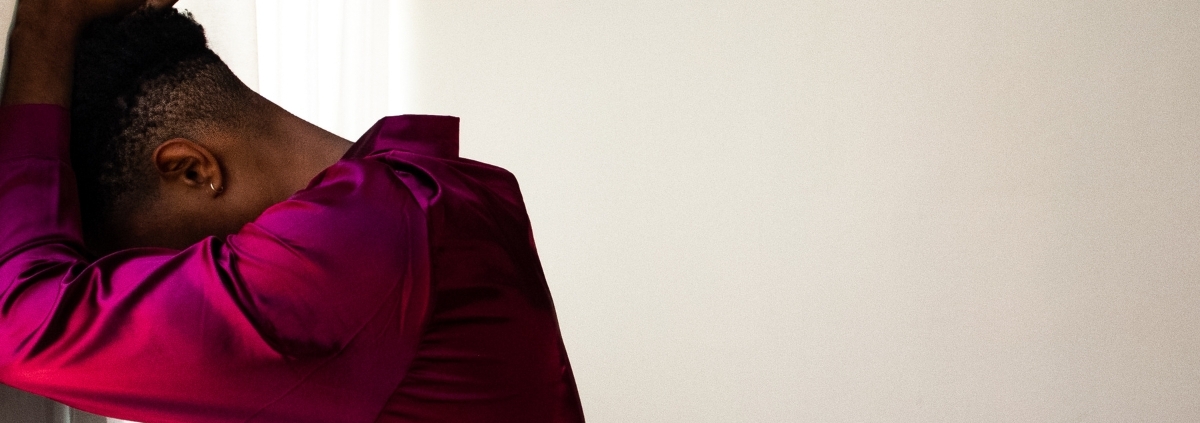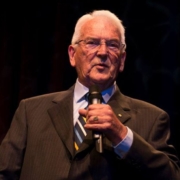Anxiety in 2025: What’s Behind the Surge and How to Stay Grounded
By: Jenifer Chu
It’s not just you. Anxiety is on the rise, with many people feeling increasingly overwhelmed and unsure about the future. And the reasons are all around us.
Turn on the news or scroll through your feed, and you’re met with scenes of war, natural disasters, and economic strain. Gaza. Ukraine. Iran. Climate extremes. Rising living costs. AI changing the job market. Even if you’re physically far from these events, they feel close because they’re everywhere in your phone, your conversations, and your thoughts.
We’re Wired for Survival, Not Constant Chaos
Our brains are designed to react to short-term threats, such as an approaching danger, a moment of conflict, a sudden crisis. But today, we’re exposed to a continuous stream of unpredictable stress: news alerts, economic instability, climate change, and global conflict. That kind of prolonged alertness wears down our nervous systems and leaves us in a near-constant state of tension. The traditional roadmap of study, work, buy a home, start a family feels increasingly out of reach, especially for younger generations trying to build a stable life in unstable times.
And this growing anxiety is revealing itself in everyday actions.
More people are preparing for the worst, driven by a collective sense of uncertainty. In Australia, panic‑buying during COVID was just the beginning. Interest in survival went deeper. Since the pandemic, enrolments in bushcraft and survival skills courses have surged, with leading instructors reporting hundreds of people on waitlists and off‑grid living festivals drawing more than 2,000 attendees this year. On top of that, sales of survival kits and emergency gear have skyrocketed globally, and with the worldwide market expected to almost double by 2033, stockpiling is no longer a fringe behaviour—it’s a practical response to increasing anxiety and instability.
What Can We Actually Do?
We might not be able to change what’s happening out there, but we can take steps to feel more grounded in our own lives. Here’s what helps:
1. Protect Your Peace
You don’t need to read every headline to stay informed. The news will always be there, but your peace of mind matters. Set some limits around how much time you spend on news and social media, especially if you notice it increasing your anxiety. If you catch yourself doomscrolling, take a break and do something grounding, step outside, make a warm drink, or talk to someone. Small shifts like this can help bring your focus back to the present.
2. Focus on What You Can Control
While we can’t solve global problems alone, we can care for our bodies and minds in small, meaningful ways. Prioritising rest, movement, and nourishment isn’t just about wellness, it’s about building emotional resilience. Get enough sleep to help your mind reset. Move your body regularly, even if it’s just a walk around the block. Eat food that fuels you, not just fills you. These simple habits are often overlooked, but they create the foundation for how we cope with stress and show up in our daily lives.
3. Make Life Feel Smaller (In a Good Way)
The world feels overwhelming when we stay zoomed out, constantly thinking about everything that’s wrong or uncertain. But when we zoom in, and focus on what’s right in front of us, we start to feel a little more grounded. Pay attention to your neighbourhood, your daily routines, and the people you interact with face-to-face. A warm drink in the morning. A shared laugh with a friend. Even simple acts of kindness, like helping out your community in small ways, can bring a sense of purpose and connection. These moments may seem small, but they create stability and comfort, especially when everything else feels out of your control.
4. Talk to Someone
Anxiety grows in isolation. When we’re left alone with our thoughts for too long, worries can start to spiral. That’s why connection matters. Make time to see someone face-to-face when you can, even if it’s just a quick chat over coffee or a walk with a friend. A real conversation, where you feel seen and heard, can be more grounding than a hundred texts or social media likes. Being around others reminds us that we’re not alone, and that support doesn’t always have to come in big, dramatic ways. Sometimes, it’s simply being together.
5. Rest Without Guilt
You don’t need to earn your rest. If you’re tired, it’s valid. Your body and mind are telling you something important. We live in a culture that often glorifies productivity and makes rest feel like a reward rather than a basic need. But the truth is, life is heavy enough without having to justify taking a break. Rest isn’t a sign of weakness or laziness. It’s how we heal, recharge, and show up fully when it matters. Giving yourself permission to pause is not only okay, it’s essential.
You’re Not Broken. The World Is Just Loud.
If you’re anxious, it doesn’t mean there’s something wrong with you. You’re reacting to a world that’s asking too much, too often. The goal isn’t to pretend everything’s fine, but to find ways to stay grounded and connected despite the chaos.
There are still moments of peace, humour, and kindness. Even in uncertain times, we can create small pockets of calm for ourselves and each other. And maybe that’s how we begin to feel okay again.
Article supplied with thanks to The Centre for Effective Living.
Feature image: Canva
About the Author: Jennifer Chu is a psychologist who is passionate about therapy, experienced in a range of mental health issues including anxiety, depression, social adjustment issues, stress management, and cross-cultural issues and more.






